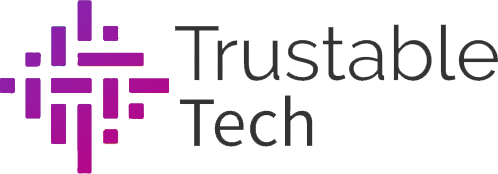The Internet of Things (IoT) is growing at an exponential rate, and blockchain technology is being used to ensure secure communication and data storage for IoT devices. Blockchain technology has been touted as a revolutionary technology that can solve many of the current issues in the IoT space. However, some drawbacks need to be addressed.
The problem with the current centralized model
The current centralized model of IoT systems is vulnerable to malicious attacks, data breaches, and privacy issues. The blockchain approach aims to solve these issues by decentralizing the system, thus allowing multiple parties to access the data without needing a central authority. However, this approach also has its drawbacks.
Scalability Is An Issue
The blockchain approach can become inefficient when dealing with large amounts of data. Since data is stored on multiple computers, it can take a long time for the data to be processed and verified. This can lead to slower transaction speeds and higher fees for users. Additionally, scalability issues can arise when dealing with multiple devices and users.
Blockchains are Sometimes Inefficient
The blockchain approach is not always the most efficient way of storing data. In certain scenarios, the use of a centralized database may be more efficient and cost-effective. Additionally, some blockchains are unable to process large amounts of data in a short amount of time, which can lead to delays in transactions.
Unable To Process Large Data
The blockchain approach has been touted as a revolutionary technology that can solve many of the current issues in the IoT space. However, some drawbacks need to be addressed. For instance, some blockchains are unable to process large amounts of data in a short amount of time, which can lead to delays in transactions. Additionally, the blockchain approach is not always the most efficient way of storing data.
Cost And Implementation Struggle Blockchain
The cost of implementing a blockchain solution can be high, as it requires specialized hardware, software, and expertise. Additionally, the implementation of a blockchain solution can be a lengthy and complex process.
Some Blockchain Solutions Consume Too Much Energy
The blockchain approach is often seen as an energy-hungry solution, as it requires a lot of computing power to process and verify transactions. Additionally, some blockchains require large amounts of energy to maintain the network, making them an expensive option.
Key Takeaway
The blockchain approach can be a revolutionary technology for the IoT space, but some drawbacks must be addressed. Scalability issues can arise when dealing with multiple devices and users, and some blockchains are unable to process large amounts of data in a short amount of time. Additionally, the cost of implementing a blockchain solution can be high, and some blockchain solutions consume too much energy. It is important to consider these drawbacks when deciding whether or not to implement a blockchain solution for your IoT system.

